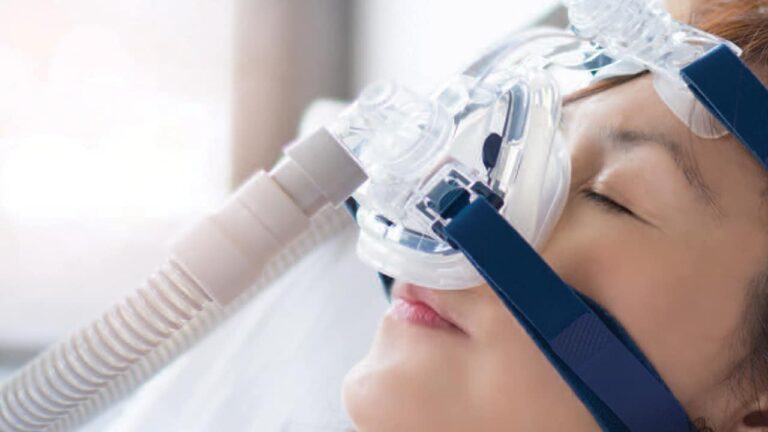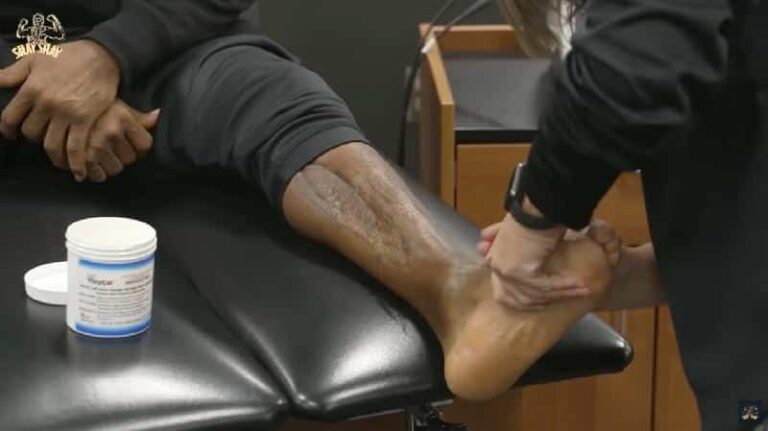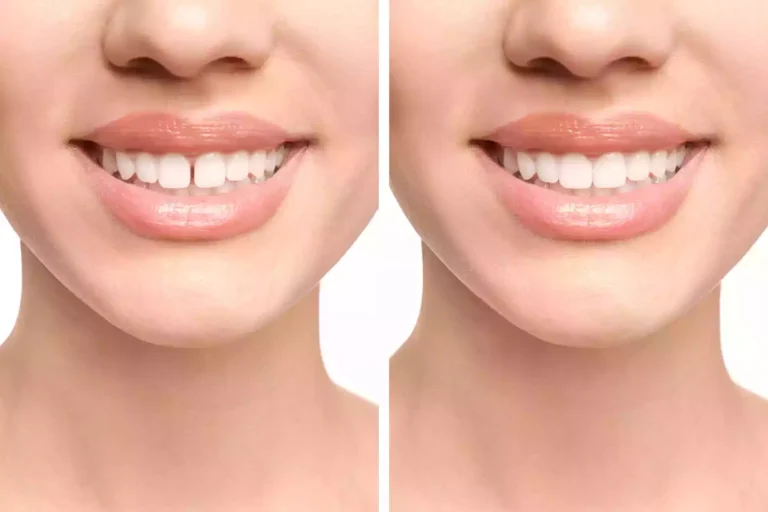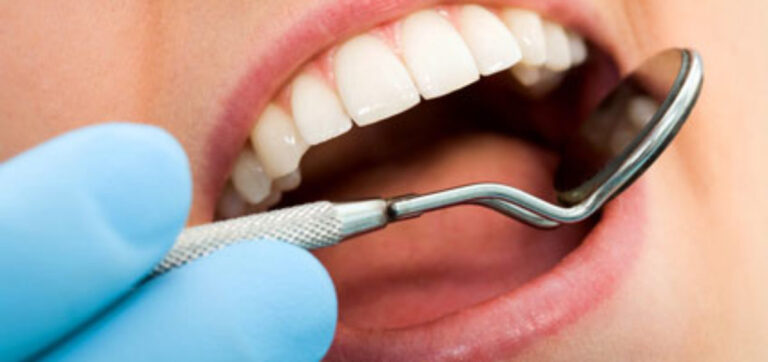If you’re from Grand Rapids, you would be happy knowing that oral and maxillofacial surgery has become the rapidly growing field of medicine in recent years. It describes a broader category of processes involving the jaw, mouth, or lower face that can aid in treating a wide array of conditions. It is often performed to prepare the mouth for dental processes.
A dental implant is one type of maxillofacial surgery done by a professional termed a maxillofacial surgeon. They are adequately experienced in performing dental implants Grand Rapids, MI. Your primary care dental professional may refer you to an oral surgeon if they ponder the complexities or pain you’re having is way beyond their ability.
Why Is Maxillofacial Surgery Done?
Maxillofacial surgery is used to fix a wide array of conditions and problems, which are the following:
- Oral disease
- Jaw pain
- Cleft lips and palates
- Limited jaw function
- Face, jaw, and mouth injuries
- Tooth impaction
- Abnormal bites
- TMJ, aka temporomandibular joint anomalies
- Tumors, cysts, and other growths on the neck and head
This type of surgery can aid in preparing for dental processes. For example, surgery is sometimes performed to prepare your mouth for dental implants or prosthetics, including dentures. Often, dental implants can be done during the surgery as well.
Procedures Followed in Maxillofacial Surgery
Based on your situation, some processes need a single visit, and others require a staged strategy and several appointments. Your dental surgeon will inform you about what to anticipate. But below are the standard processes explaining what happens on your surgery day:
- One of your family members or friends will take you to the dental hospital.
- An anesthetic will inject anesthesia so that you can sleep through your process.
- Once you fall asleep, the dental surgeon will make one or more incisions, and the location of these cuts will depend on your surgery type.
- Your dental surgeon will perform the surgery using specialized and tiny instruments. They might also take dental X-rays during the process.
- Once the process is done, your surgeon will stitch those cuts and cover the surgical area.
What can you anticipate from post-maxillofacial surgery in Grand Rapids?
Once maxillofacial surgery is done, your healthcare service provider team will whisk you away to a recovery unit. You might feel some pain as the anesthesia wears off! Your dental surgeon will now prescribe treatment.
Some of the ordinary side effects of maxillofacial surgery are:
- Bruising – It might ensue post-surgery because of the blood vessel disruption. The issue usually gets resolved within a few days to a week.
- Bleeding – It’s one of the most common risks associated with any surgery, which is problematic due to the abundance of blood vessels in the face and mouth.
- Swelling – It’s a typical healing process that takes place post-surgery. However, massive swelling might cause discomfort during speaking or eating.
Your dental surgeon will discuss the surgery and inform you what to anticipate post-surgery. When they discharge you, you will need your family member or friend to drive you back home. The stitches will dissolve in a week.
Advantages of Oral and Maxillofacial Surgery
- Bolstered Overall Health – OMFs can aid in treating conditions that might impact your other body parts.
- Maximized Appearance – OMFs can magnify the appearance of your jaw and face, leading to maximum self-esteem and confidence.
- Improved Oral Health – OMFs can cure many oral health issues, for example, impacted teeth, gum disease, and jaw misalignment. By addressing these problems, patients can cherish better oral health and minimize the risk of future issues.
Conclusion
Nobody likes going through surgery on their mouth or face. However, maxillofacial surgeons utilize cutting-edge techniques that will aid in faster healing.











